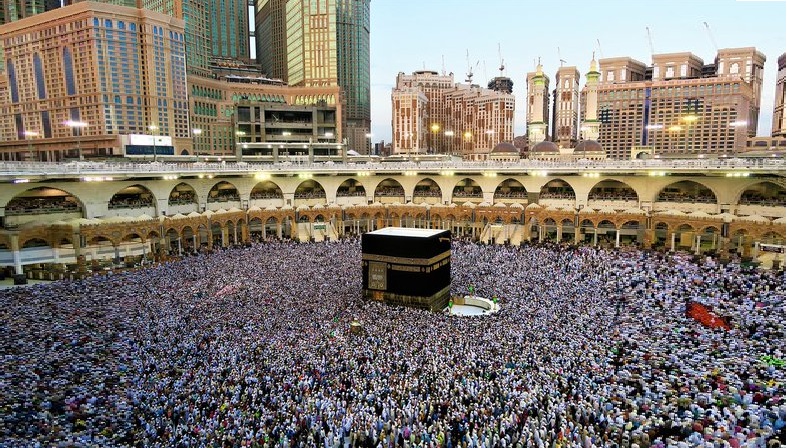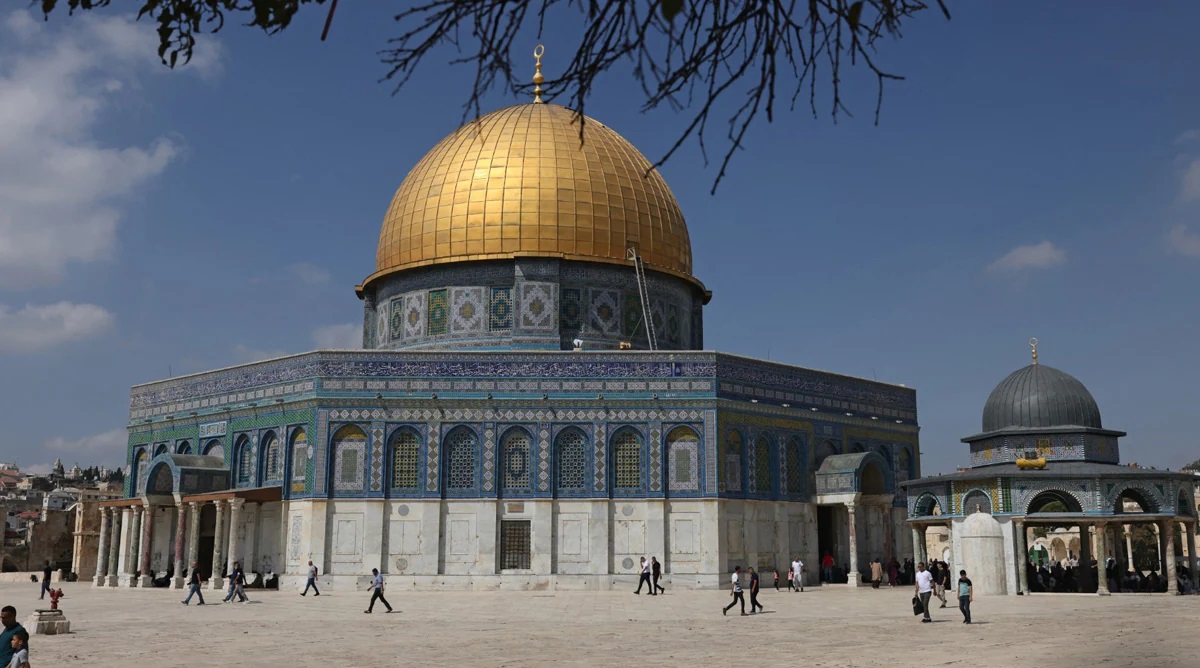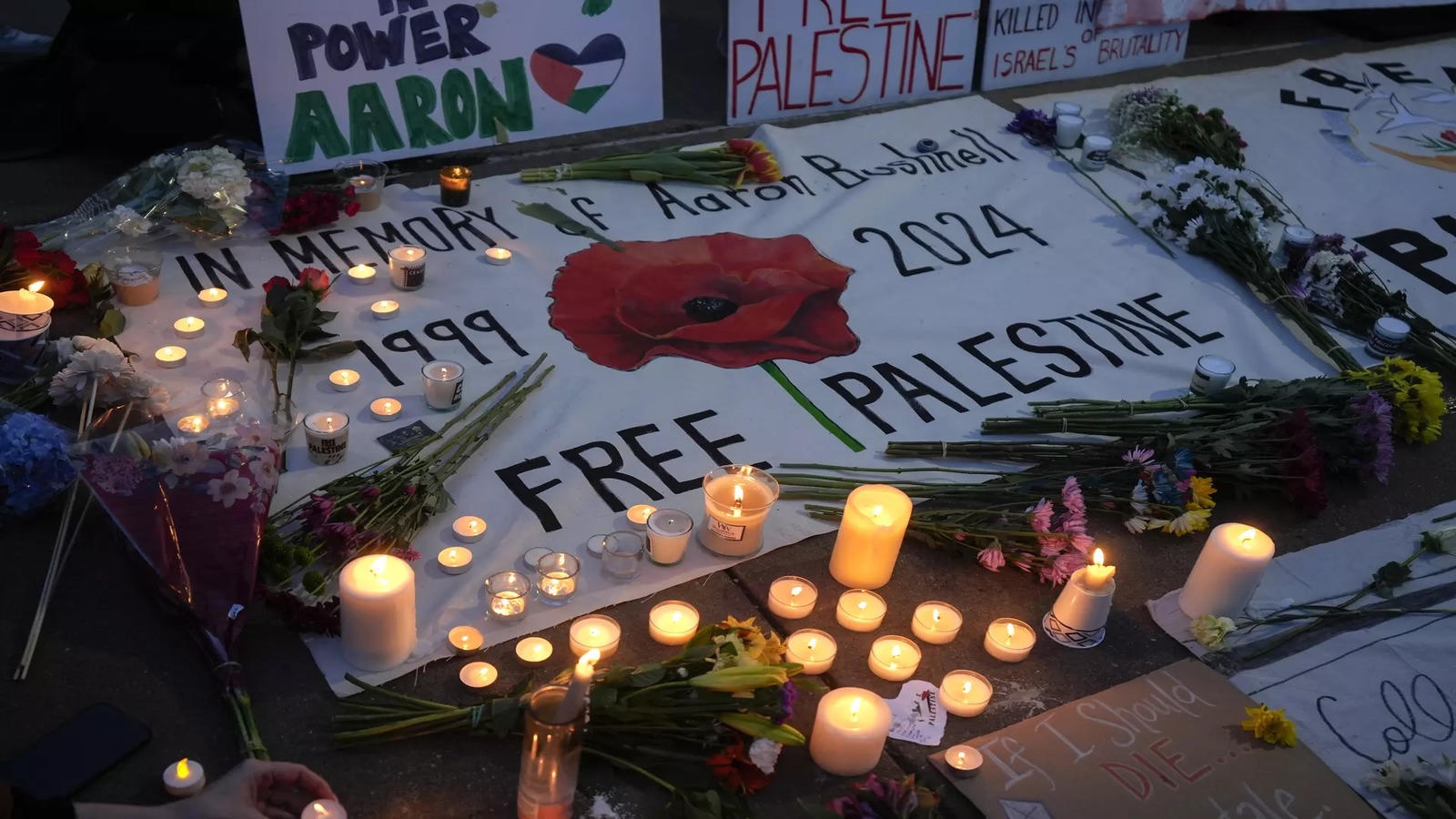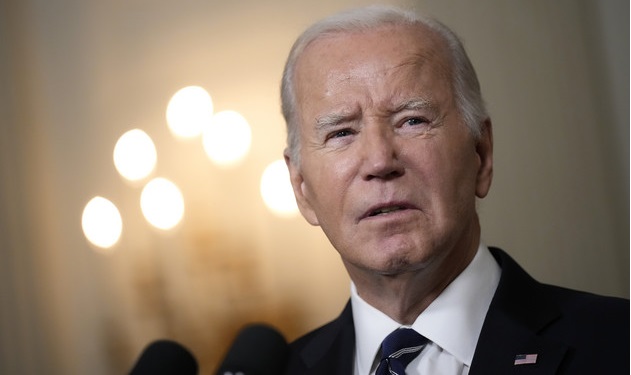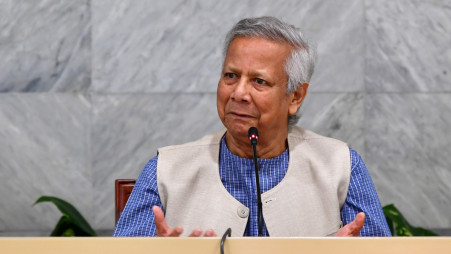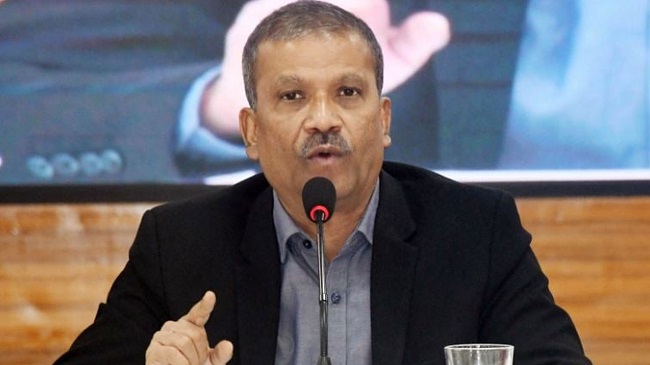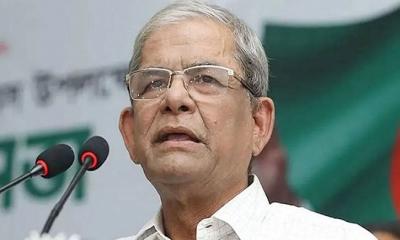The decision means no entry to non-Saudi residents, including Bangladesh, for the first time
Saudi Arabia on Monday announced it would hold a "very limited" Hajj this year, with pilgrims already in the kingdom allowed to perform the annual ritual as it moves to curb the coronavirus pandemic.
The announcement also means that no other country will be able to send their pilgrims for Hajj, including Bangladesh.
The Hajj, one of the five pillars of Islam and a must for able-bodied Muslims at least once in their lifetime, represents a major potential source of contagion as it packs millions of pilgrims into congested religious sites.
But the decision to limit the Hajj, scheduled for late July, is fraught with political and economic peril and comes after several Muslim nations pulled out of the ritual.
"It was decided to hold the pilgrimage this year with very limited numbers... with different nationalities in the kingdom," the official Saudi Press Agency said, citing the Hajj ministry.
"This decision is taken to ensure the Hajj is performed in a safe manner from a public health perspective... and in accordance with the teachings of Islam in preserving lives."
The decision to limit the event comes as Saudi Arabia struggles to contain a spike in infections, which have now risen to some 161,000 cases and more than 1,300 deaths.
But it risks annoying Muslim hardliners for whom religion trumps health concerns.
A watered-down Hajj would also represent a major loss of revenue for the kingdom, which is already reeling from the twin shocks of the virus-induced slowdown and a plunge in oil prices.
2020/06/samsung-june-offer-dt-1170x90-1592483732604.gif
The smaller year-round Umrah pilgrimage was already suspended in March.
Together, they add $12 billion to the Saudi economy every year, according to government figures.
Monday's announcement that Saudi Arabia will hold a limited Hajj would likely disappoint millions of Muslim pilgrims around the world who often invest their life savings and endure long waiting lists to make the trip.
It could also trigger renewed scrutiny of the Saudi custodianship of Islam's holiest sites – the kingdom's most powerful source of political legitimacy.
A series of deadly disasters over the years, including a 2015 stampede that killed up to 2,300 worshippers, has prompted criticism of the kingdom's management of the Hajj.
A full-scale Hajj, which last year drew about 2.5 million pilgrims, was unlikely after authorities advised Muslims in late March to defer preparations due to the fast-spreading disease.
Earlier this month, Indonesia, the world's most populous Muslim nation, emerged as one of the first countries to withdraw from the pilgrimage after pressing Riyadh for clarity, with a minister calling it a "very bitter and difficult decision."
Malaysia, Senegal, and Singapore followed suit with similar announcements.


